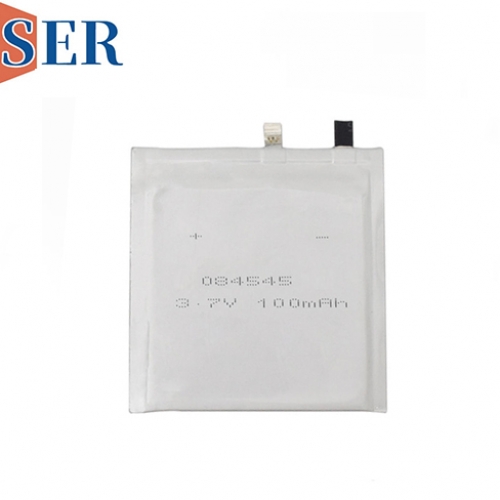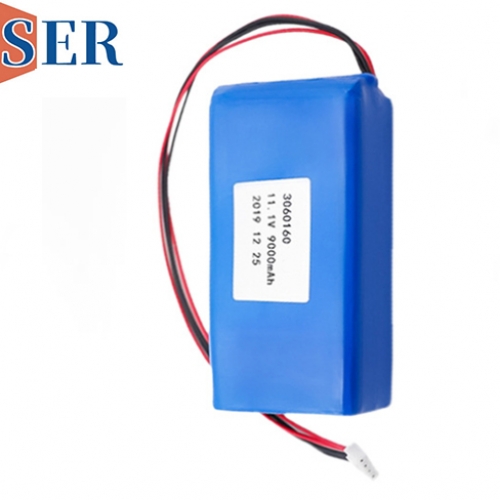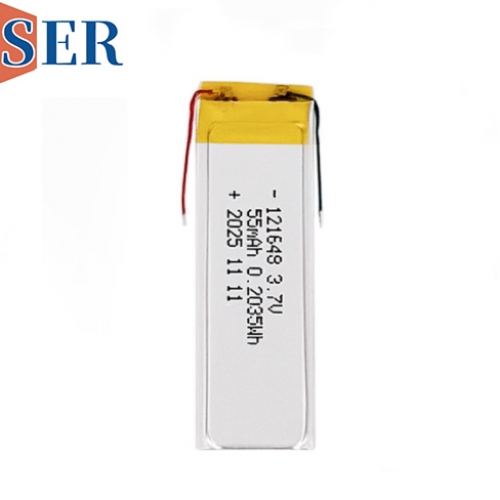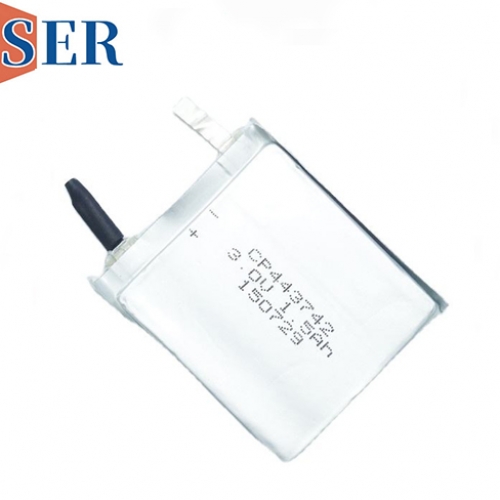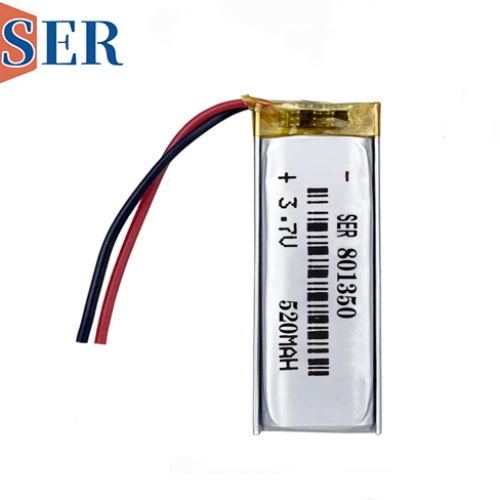Customized Specialty Lithium Batteries: Non-Magnetic battery, High-Temperature battery, and Ultra-thin battery
Customized Specialty Lithium Batteries: Non-Magnetic battery, High-Temperature battery, and Ultra-thin battery
Specialty batteries are designed and developed for specific application scenarios and functional requirements, boasting a range of unique performances and advantages. They differ from traditional batteries in electrochemical properties, structural design, material composition, and often feature high energy density, high power output, long cycle life, and enhanced safety and stability. These characteristics cater to the specialized needs of particular industries or devices. Among them, non-magnetic, high-temperature, and ultra-thin lithium-ion batteries stand out as prominent representatives.
I. Non-Magnetic Lithium Batteries
1. Definition and Characteristics
Non-magnetic lithium batteries refer to those that generate minimal or no magnetic fields during operation. They are typically employed in magnetic field-sensitive equipment or environments to ensure the devices' smooth functioning and data accuracy. Their manufacture involves special materials and processes to minimize or eliminate magnetic properties.
2. Application Areas
Aerospace: In satellites, aircraft, and other aerospace equipment, non-magnetic lithium-ion batteries ensure stable operation, mitigating magnetic interference with navigation and communication systems.
Medical Devices: In MRI (Magnetic Resonance Imaging) machines, these batteries prevent interference with imaging quality, ensuring diagnostic accuracy.
Precision Instruments: In high-precision measurement scenarios like electronic compasses and gyroscopes, non-magnetic lithium-ion batteries reduce magnetic impact on measurement results.
3. Examples
Non-magnetic polymer battery 3.7V LP402020, suitable for precision instruments and aerospace equipment.
Non-magnetic CR920 battery for electronic devices requiring anti-magnetic properties.
II. High-Temperature Batteries
1. Definition and Characteristics
High-temperature lithium batteries are designed to operate stably in extreme heat environments. They incorporate heat-resistant materials and structural designs, maintaining stable electrochemical performance under high temperatures, ensuring safety and reliability.
2. Application Areas
Oil Exploration: For MWD (Measurement While Drilling) and LWD (Logging While Drilling) instruments.
Industrial Fields: In metallurgy, chemicals, and other high-temperature industrial settings, these batteries provide stable power support.
Automotive Electronics: In new energy and hybrid vehicles, high-temperature lithium-ion batteries maintain performance and lifespan under heat.
Special Fields: In oil exploration, military equipment, and other extreme conditions.
3. Examples
Li-SOCl₂ battery pack 165℃ ER341245S ER341270S DD size for MWD/LWD 28.8V battery pack.
Electric vehicle lithium-ion batteries (48V for two-wheelers, 72V for three-wheelers), suitable for delivery and food delivery industries' heat-resistant large-format batteries.
III. Ultra-thin Batteries
1. Definition and Characteristics
Ultra-thin batteries are characterized by their slim profiles and compact sizes. They leverage advanced materials and processes to achieve high energy density and slim designs, facilitating portability and integration into various devices.
2. Application Areas
Portable Devices: In smartphones, tablets, smartwatches, these batteries offer long-lasting power while maintaining slim form factors.
Wearable Devices: In smart bracelets, wireless earphones, ultra-thin lithium-ion batteries enable prolonged wear and convenient charging.
Special Fields: In micro-drones, medical devices, they meet high power requirements while maintaining lightweight and flexibility.
3. Examples
Rechargeable Ultra-thin battery 9.8ah polymer battery, suitable for various portable and wearable devices.
Primary ultra-thin LiMnO₂ battery for IoT devices and tracking products.
In conclusion, non-magnetic battery, high-temperature battery, and ultra-thin lithium batteries play crucial roles in their respective application domains, providing reliable power support for diverse devices' operation and performance enhancement. As technology advances and the new energy industry grows, specialty battery technology continues to innovate and improve. Future developments will focus on higher energy density, enhanced safety, longer cycle life, and cost reduction. With the rise of new energy vehicles and the digital economy, the market demand for specialty batteries will persistently grow. SER Company strives to promote the development and expansion of the specialty battery industry through technical innovation, quality enhancement, and market expansion. As a pivotal direction in future battery technology, specialty batteries hold immense application prospects and market potential, driving industrial transformation, upgrading, and high-quality development.

